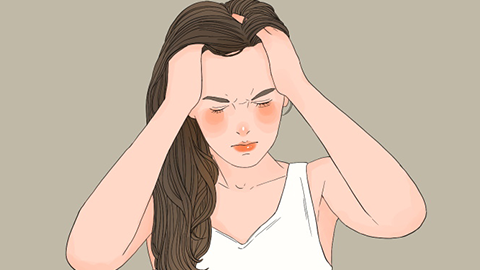At what point does anxiety require medication?
Generally speaking, whether medication is needed for anxiety disorder mainly depends on the extent to which symptoms affect daily life, their duration, and whether they are accompanied by physical problems. The key factor is whether symptoms have exceeded the range of self-regulation, in which case medication may be necessary. A detailed analysis is as follows:

If anxiety interferes with normal work or study—such as causing frequent distraction or inability to complete tasks—or impairs daily activities like shopping and socializing, and psychological regulation alone proves ineffective, medication should be considered. When physical symptoms such as palpitations, chest tightness, dizziness, or gastrointestinal discomfort occur repeatedly and medical examinations reveal no organic causes, these physical reactions are likely caused by anxiety, and medication can help alleviate both emotional and physical symptoms. Additionally, if anxiety is accompanied by intense fear, a sense of impending doom, or avoidance behaviors—such as being afraid to leave home or avoid seeing people—to the extent that basic living functions are affected, timely use of medication is necessary to stabilize the condition.
Medication must be taken under professional guidance, and combining it with psychotherapy often yields better results. Maintaining regular daily routines and engaging in moderate exercise to relieve stress can also assist in improving anxiety symptoms.





